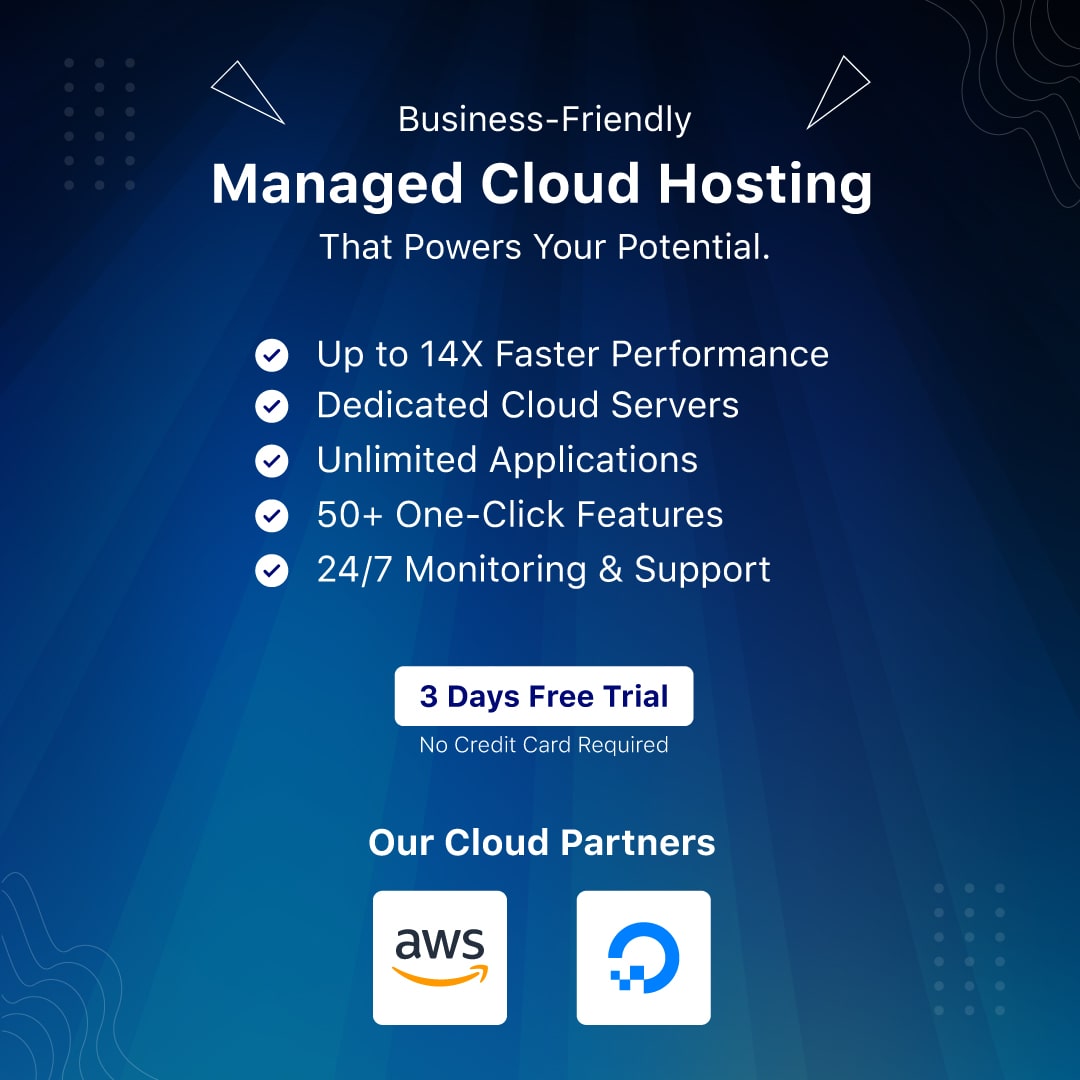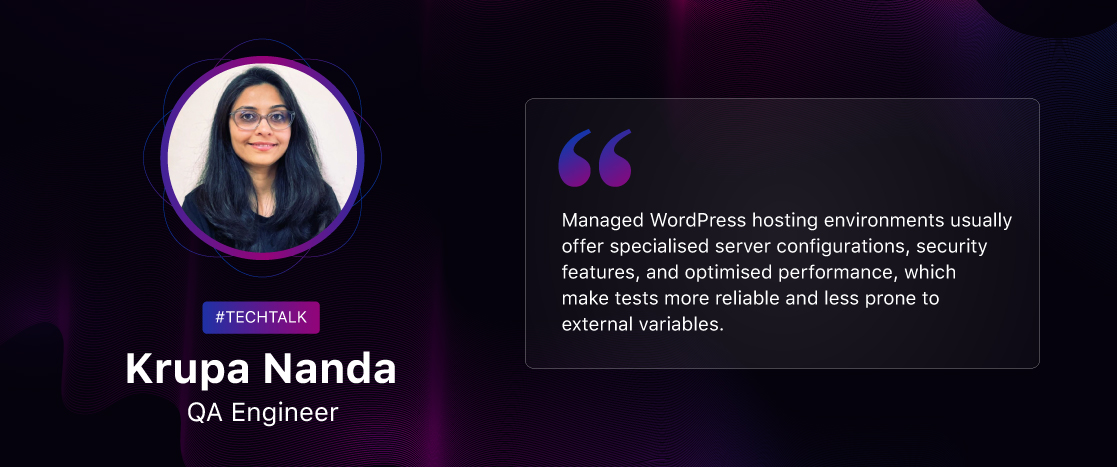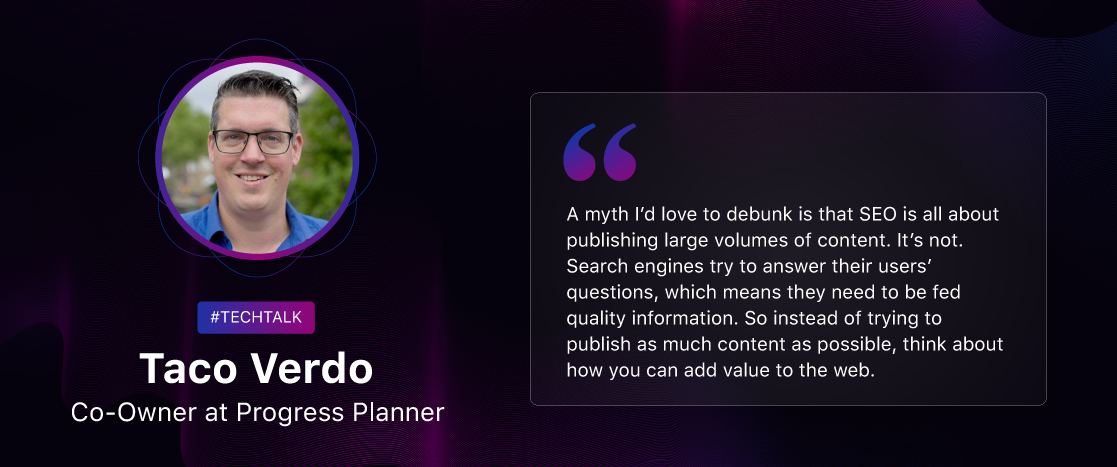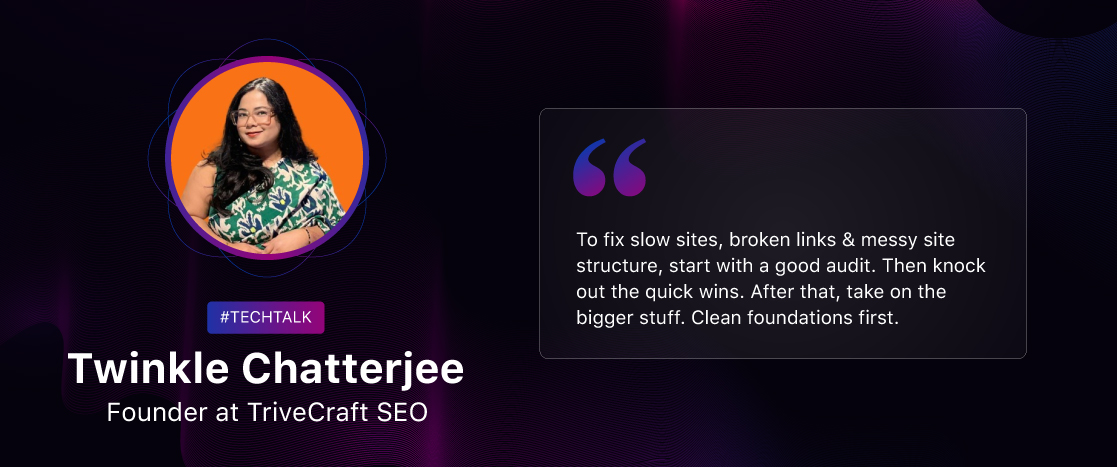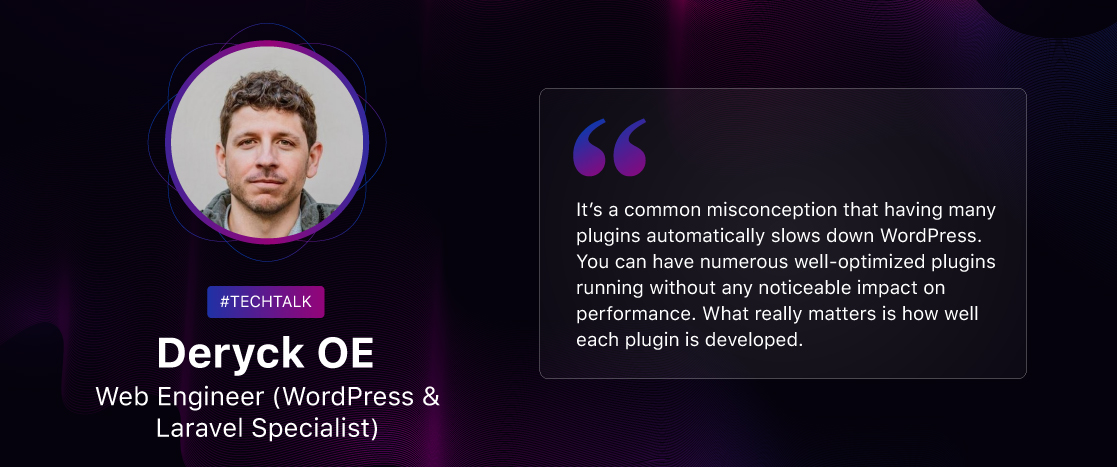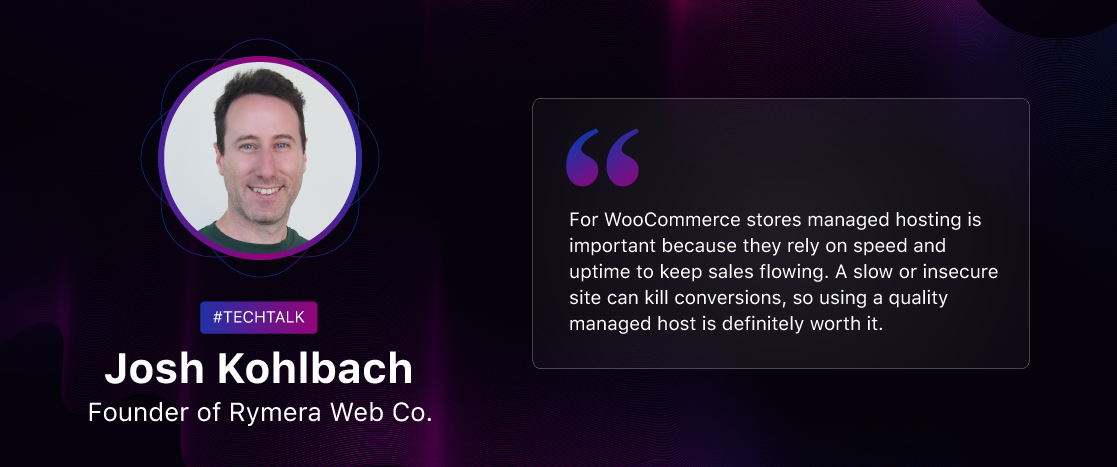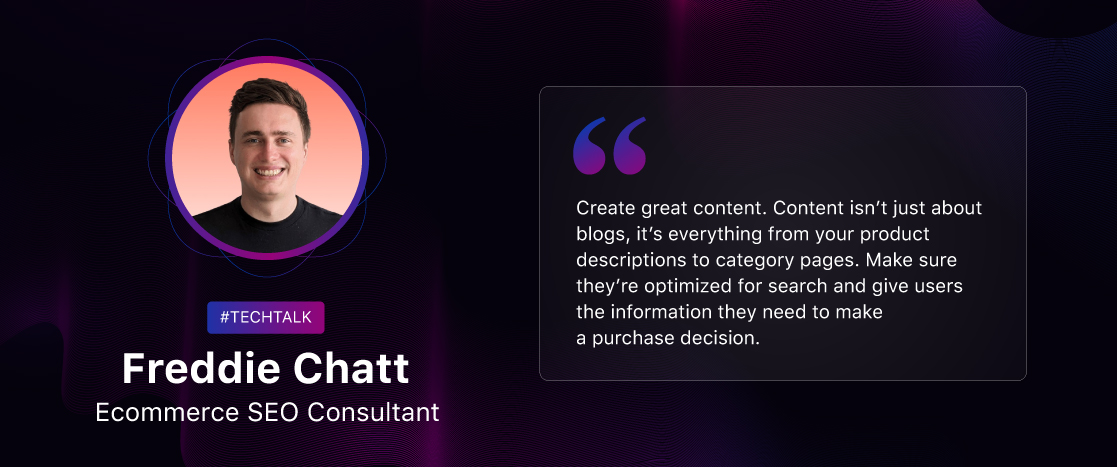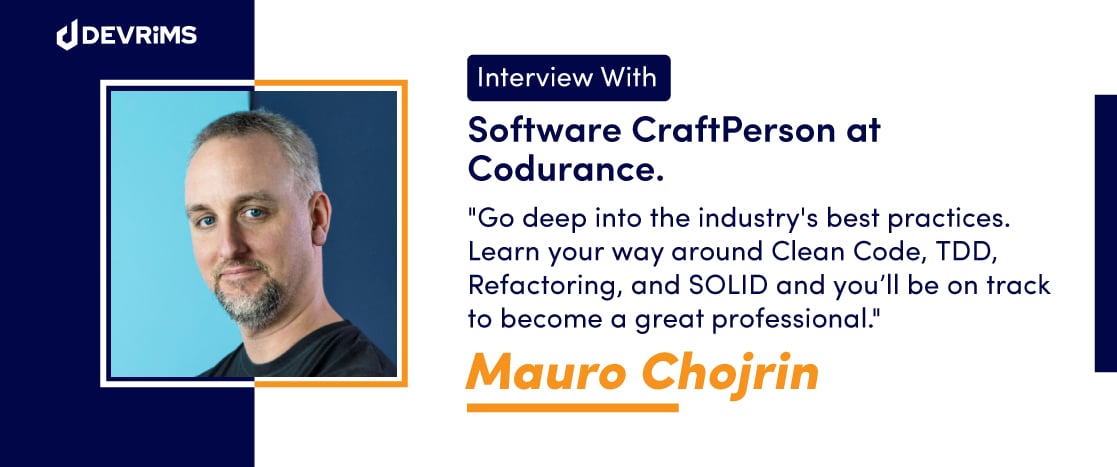
Devrims #TechTalk 046: Mauro Chojrin Interview
Devrims: Hey Mauro, thank you for taking the time to speak with us today. We’d love to learn more about your background, experience, and approach to software development.
Mauro: Hey, thanks for having me, I’m excited to be sharing my experience.
So I started in the computer world pretty early. I was 8 when my father brought home our first Commodore 64 (I’ll let you guess how old I am today) and immediately joined a Logo course.
From there I jumped to Basic and a little later Pascal. I always felt attracted to programming so when I had the opportunity I chose this as my specialization in high school.
When I graduated I had the opportunity to become a teacher at my former school while going through my own university studies (CS).
When I was in my latest years in university I started working in the industry as a developer, then technical leader and eventually became IT manager and around 2015 I started working on my own as a consultant, technical coach and technical writer, which is what I’m currently doing.
Devrims: What drew you to focus on PHP and Symfony specifically? How long have you been working in the software industry?
Mauro: Well, I have to say it was kind of by chance. I started doing computer stuff pretty early in my life so I was exposed to several programming languages by the age of 18 or so. Sometime at the start of my professional career, I had the opportunity to work on a freelance project that was supposed to be coded using PHP 3. The problem was that I had never done any PHP myself so… I was both learning and working at the same time.
At first, it felt weird to have all the $, -> and such. Right before this project I had been working quite a bit with ASP (Visual Basic syntax) and I knew a bit of C, so going to PHP was kind of a mix between the two.
Anyway, a few months after I finished this project another a little more complex came along. Again to be developed using PHP, this time version 4.
And then I started liking the language so I adopted it for a project of my own and before I knew it, it became my go-to tool as I loved web development.
Symfony came into my life a few years later, when I joined a consulting company that had a very ambitious project in their hands and the team leader at the time had the brilliant idea of ditching Java in favor of PHP and, to meet the project requirements, use an MVC framework. Symfony was the choice and, for me, it was love at first sight.
Devrims: What types of projects have you worked on? What were some of the highlights and challenges?
Mauro: Well, I’ve worked on many different projects throughout my career, from amateur travelers’ social network to an educational institution’s lead generation engine.
The biggest challenge I faced was to lead the efforts to completely re-write an in-house developed framework to make it more robust and maintainable. All while keeping the application using it running.
Besides my work as a developer and technical leader, I spent quite a bit of my career helping developers and development teams improve their day-to-day practices.
Devrims: Can you tell us about a time when you successfully led a software development project? What made it successful?
Mauro: I once led an initiative to transform an all-Spanish website into a multilingual one. The challenge was big as we had to translate the UI as well as many of the database objects and, at the same time, allow for the website to keep working while we were building the new system.
I think the key to the success of the project was the extreme care we put in planning, risk identification and mitigation and, most importantly, working in small increments.
Devrims: Let’s do a quick rapid-fire round.
| Devrims | Mauro |
| Books or Movies | Both |
| Day or Night | Day |
| Tea or Coffee | Coffee |
Devrims: What types of training programs have you developed? Who is your target audience?
Mauro: Most of my training has been around PHP, from basic to advanced level. Nowadays I’m more focused on improving programming practices without such a narrow focus on a particular language, things like implementing TDD, Clean Code, SOLID principles and such.
My target audience are software team leaders who are struggling to produce high-quality code within deadlines.
Devrims: What do you see as the main knowledge gaps you help fill for developers today?
Mauro: I think the main knowledge gap is about good technical practices and, most importantly, about how to align technical tasks with business goals.
Devrims: Why did you choose to use Udemy as your platform? What do you see as the main pros and cons?
Mauro: I chose Udemy because their revenue-sharing model seemed attractive. In practice things didn’t go the way I expected so I stopped producing content for them.
The main pros are that you don’t have to worry about infrastructure, payment processing and such.
The main con is that the compensation you get is not very satisfactory unless you can reach millions of students.
Devrims: What teaching methods do you find most effective for the online format? How do you engage students and ensure comprehension?
Mauro: Online training can be tricky. Specially if it is asynchronous. People tend to sign up for courses they never actually consume. On that note, some automation can help keep pushing them in the right direction but there’s only so much you can do.
In general, I advocate for a mixed approach, where you can consume the theoretical materials on your own time/pace and also have the opportunity to interact with teachers in real time.
In terms of learning, that’s probably the best approach. Of course, in terms of costs and scalability… not so much.
Devrims: What types of hosting environments do you recommend for PHP development?
Mauro: When it comes to development I don’t have a particular preference. When it comes to going to production, I prefer VPSs. Oh, and in any of them, Docker is my go-to tool.
Devrims: In your experience, what are the key factors to consider when choosing a PHP hosting provider?
Mauro: It depends on how comfortable you are with dealing with infrastructure. If possible, I’d advice to go with a VPS or similar.
If you don’t feel comfortable putting up (and keeping up!) a web server, then I’d recommend going with the best support you can get.
Devrims: We’d love to see how you arrange your workstation.
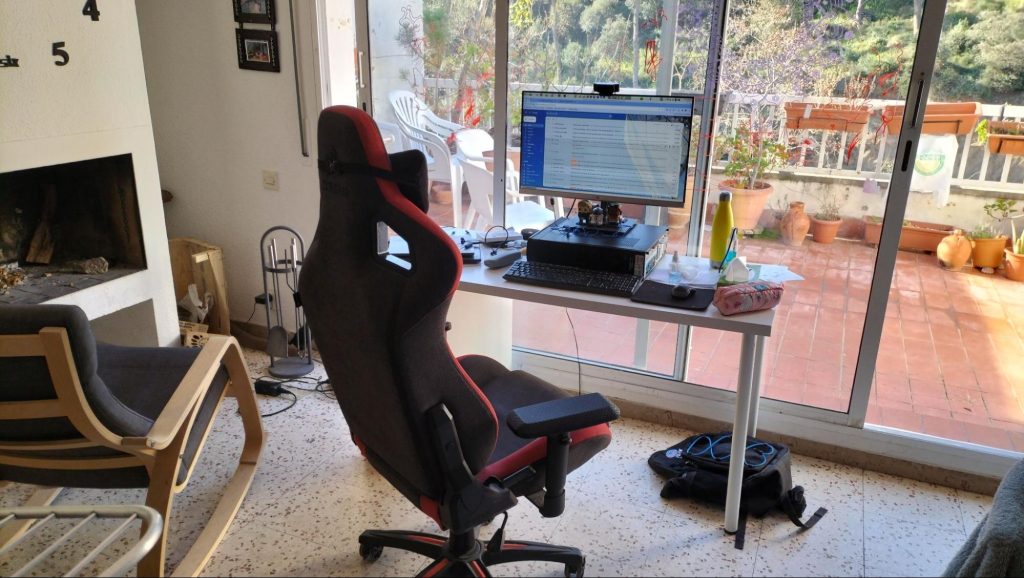
Devrims: We welcome your suggestions on inspiring individuals you feel could provide valuable perspectives and insights to our readers.
Mauro: Sure. My advice is to go deep into the industry’s best practices. Learn your way around Clean Code, TDD, Refactoring and SOLID and you’ll be on track to become a great professional.
Also, do programming Katas regularly, try different languages… keep yourself busy ?
